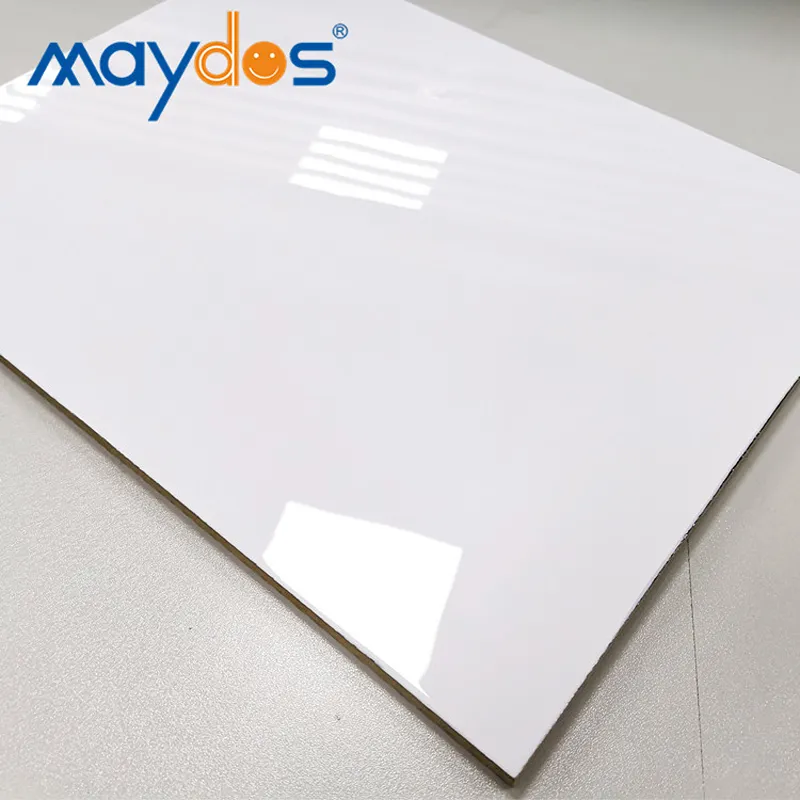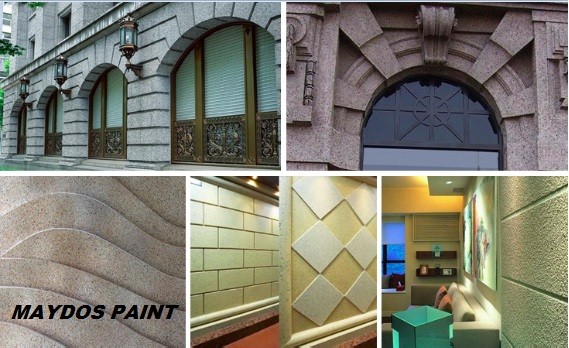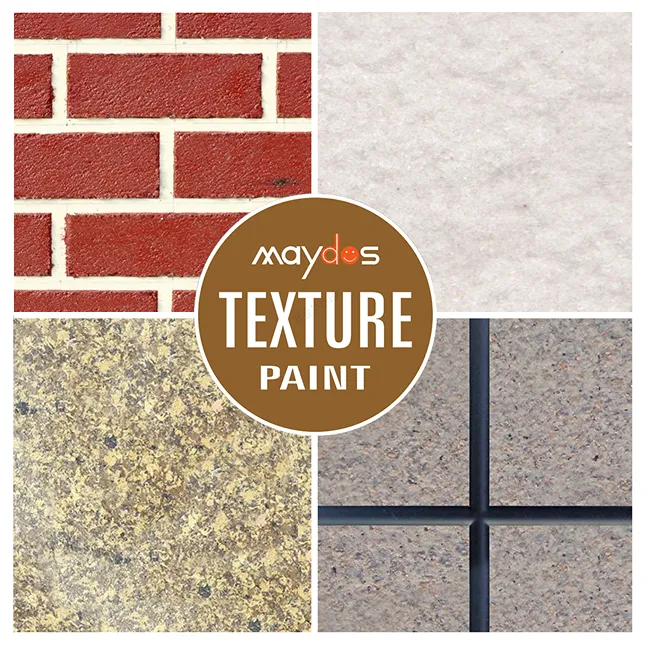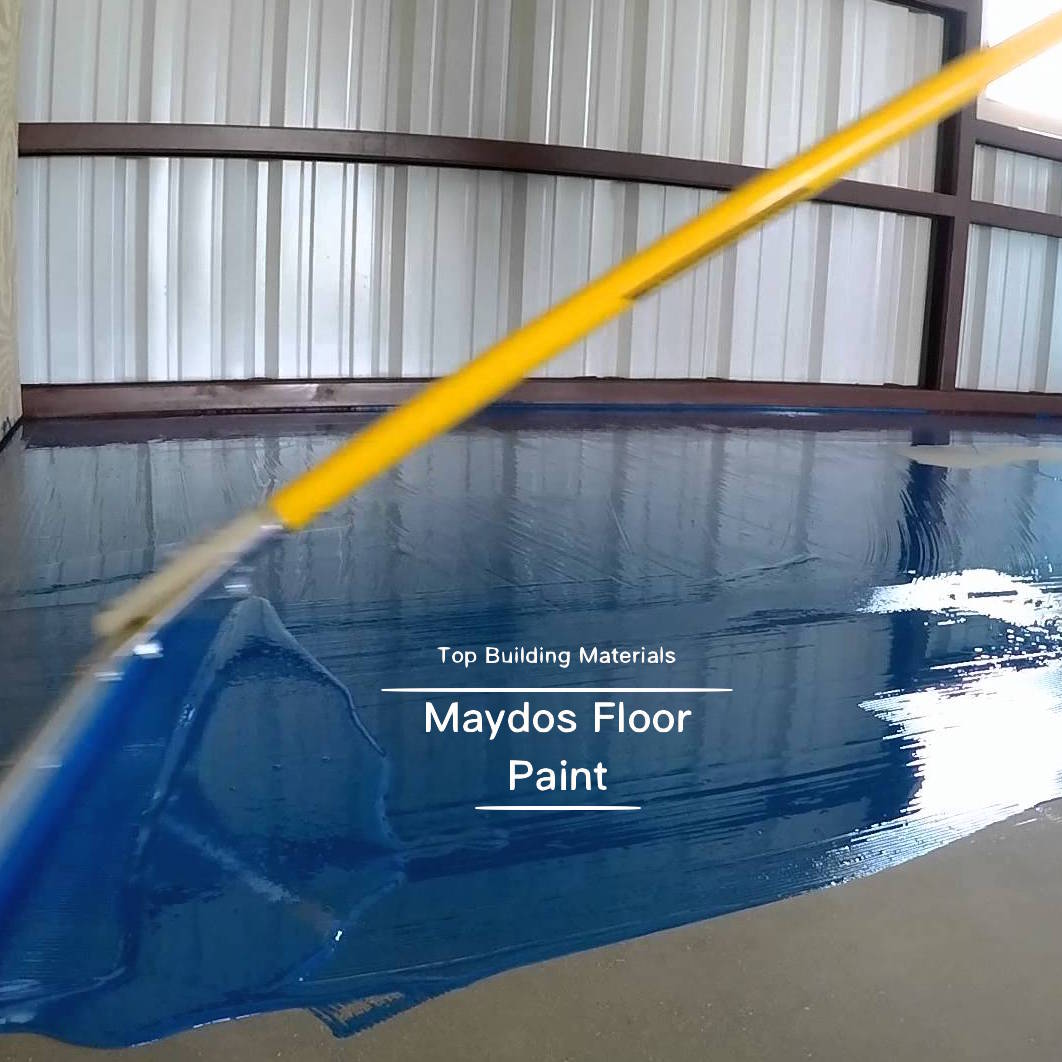Epoxy Flooring
If you have ever walked into an epoxy flooring factory, then you know what it’s like. There are dozens of workers setting up shop, each in their own field of expertise, all working hard to complete the most intricate jobs possible. Each worker seems almost dedicated to the job at hand, as they are forced to complete enormous quantities of precision work in order to make such massive items. Epoxy floors come in a variety of different types, including wood, fiberglass, laminate, and concrete. They are also available in various grades and depths, depending on the application needed.
Typically, epoxy floors consist of two layers of thick thermoforming resin, which have been carefully sprayed or troweled over a standard floor. In a nutshell, epoxy flooring consists of a series of layers of thick thermosetting resins that have been carefully sprayed, troweled, or poured onto a hardwood, carpet, stone, or concrete floor. These floors must be made in a precise fashion, with each resin layer acting as the platform for the next. Because of this, epoxy floors require an extremely high degree of skill and attention to detail.
If you’re considering epoxy flooring systems for your home or office, you should take a look at the job of a good epoxy flooring factory. Typically, these businesses employ around two hundred workers. Each worker is trained for a specific role within the shop. For example, some workers will be placed in positions where they will lay down the resin floors while other workers will handle the pouring or trowing process. Many epoxy floors are laid in multiple layers in order to increase durability and reduce the risk of the floor becoming damaged or weakened.

epoxy resin
One of the most popular uses for epoxy floors is in industrial settings. As with many other forms of concrete, epoxy floors are a great flooring option if you want to save money on installation costs. Most epoxy flooring factories are located within industrial facilities, making it easier than ever before for contractors and homeowners alike to purchase these floors. Additionally, because the material is so easy to work with, many epoxy flooring factories feature rapid production. After the resin has cured and set, it usually takes just a matter of hours to complete a floor, even if you have to hire several workers. If you need to install a large number of floors, you may find yourself spending less time in the garage or putting more people on the job than expected.
The most popular reason why epoxy floors are so popular among contractors and homeowners alike is because they offer a durable floor that will outlast most types of flooring systems on the market today. With some types of epoxy flooring, homeowners can expect around 30 years of stable use. With others, the life span can be extended by another couple of decades. This means that while you’re waiting for your epoxy flooring factory to dry out after installing it, you’ll actually have a nice home floor sitting in place while you wait. Epoxy floors can also act as an excellent barrier against the elements, helping to keep your family safe from the dangers of the outdoors.
Homeowners should know a few things about epoxy flooring before deciding if this is the right type of flooring system for their home. First, epoxy flooring systems are not as easy to install as synthetic resin systems. If you plan on doing the installation yourself, then you’ll likely need help from a friend or garage-band, which can make installing the system a challenge. Additionally, if you decide to hire a contractor to install your epoxy flooring system, you need to be sure that he has experience with synthetic resin systems and can give you accurate estimated costs. With all of the benefits of synthetic resins, it’s no wonder that many homeowners prefer epoxy flooring to their other options.





















